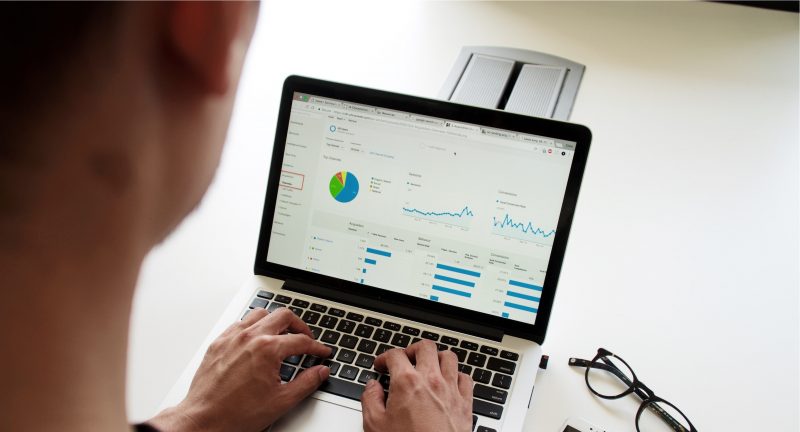
Course review: Collecting and Organizing Epidemiological Data
This course primarily focused on the practical skills we will use in public health. This was a very exciting course because it was the first assignment that brought together all the concepts and technical skills we learnt so far in the program to a research topic of our interest.
Overall, I think this course was well liked by the class! We all felt its relevance for our future careers.
Leadership
Throughout the course, we had one main course leader- Ritva Rissanen. She facilitated the course and was our point of contact if we had any questions. She was very knowledgeable in her field and I really enjoyed her teaching style as she gave us a lot of independence to pursue our individual interests within public health. This was a unique course because the majority of our course took place during the winter break, which meant we had a few in-class lectures.
Course themes
The main topics discussed:
- Ethics and legislation
- Participant invitation letter design
- Questionnaire design
- Data collection and management
- Response rates
- Sampling
Time structure
This was a five-week course, with only two full weeks of in-class lectures.
Week 1: Monday-Friday from 9:00 to 16:00- in-class lectures
Week 2 & 3: Winter Break- e-lectures and individual assignments
Week 4: Monday-Friday from 9:00 to 16:00- in-class lectures
Week 5: Group work and presentations and individual study time
Assignments
Throughout the course, we had two mandatory assignments: (1) individual assignment, (2) group presentation.
Assignment #1: Individual Assignment
This was the largest assignment of the course. We picked a research question of our choice and completed multiple tasks that mimicked a real-world research study. In total, we completed a study participant invitation letter, study questionnaire, conducted a study pilot test with 3-5 participants, a vlog about that experience, STATA do-file, and a final written report.
Assignment #2: Group assignment
This assignment correlated to our lectures on sampling strategies. In groups, we were each given a different research question related to traffic public health concerns such as, seatbelts, bicycle helmets, and phone use while driving. We went outside to collect real data for an hour and then created a presentation to explain this process including our methodology, findings, etc.
Exam
We did not have a final exam in this course, rather we had an individual online take-home exam. This exam was based on two famous epidemiological studies, and we had to answer various questions that analyzed the articles using the concepts we had learned in class. The exam did not have to be completed in one sitting.
The exam’s grading criteria was, Fail (<65%), pass (65-89%), and pass with distinction (90% or more).
Pros/Cons
In my opinion, the main pro of this course was that we had the opportunity to learn skills that are fundamental to most (if not all) job within public health including designing a letter to invite participants to your study, designing a research questionnaire for your participants to complete, and then code your questionnaire in the statistical software you are using (in our case, STATA). The assignments we had to work on felt relevant to what we could be doing in the workforce.
For me, the main con was not to do with the course content, but rather the timing of the course. For example, I went home to Canada for Christmas (and many of my classmates went home or were travelling), and when I was at home I was focused on being present and enjoying my short time with family. I worked on completing the requirements, but did not feel that I had time for further in-depth reflection and application which I may have had if the course was completed in consecutive weeks and not coincided with the winter break. .
Overall, this course is very relevant and teaches you skills you will need in the future to work in public health and research. In addition, it is up to you how interesting you make it for yourself since you get to pick your research topic which you work with throughout the whole course!
Thank-you for reading and contact me if you have any questions!
Lauren
*Featured photo by Campaign Creators on Unsplash
Lauren Wiebe- Health Promotion and Prevention
Hi! I am Lauren, I was born and raised in Canada, and you probably will hear me talking about how much I love Canada, especially the mountains. I am the blogger for the Master's Public Health Sciences Health Promotion and Prevention stream and I am excited to share my experiences with you!

0 comments